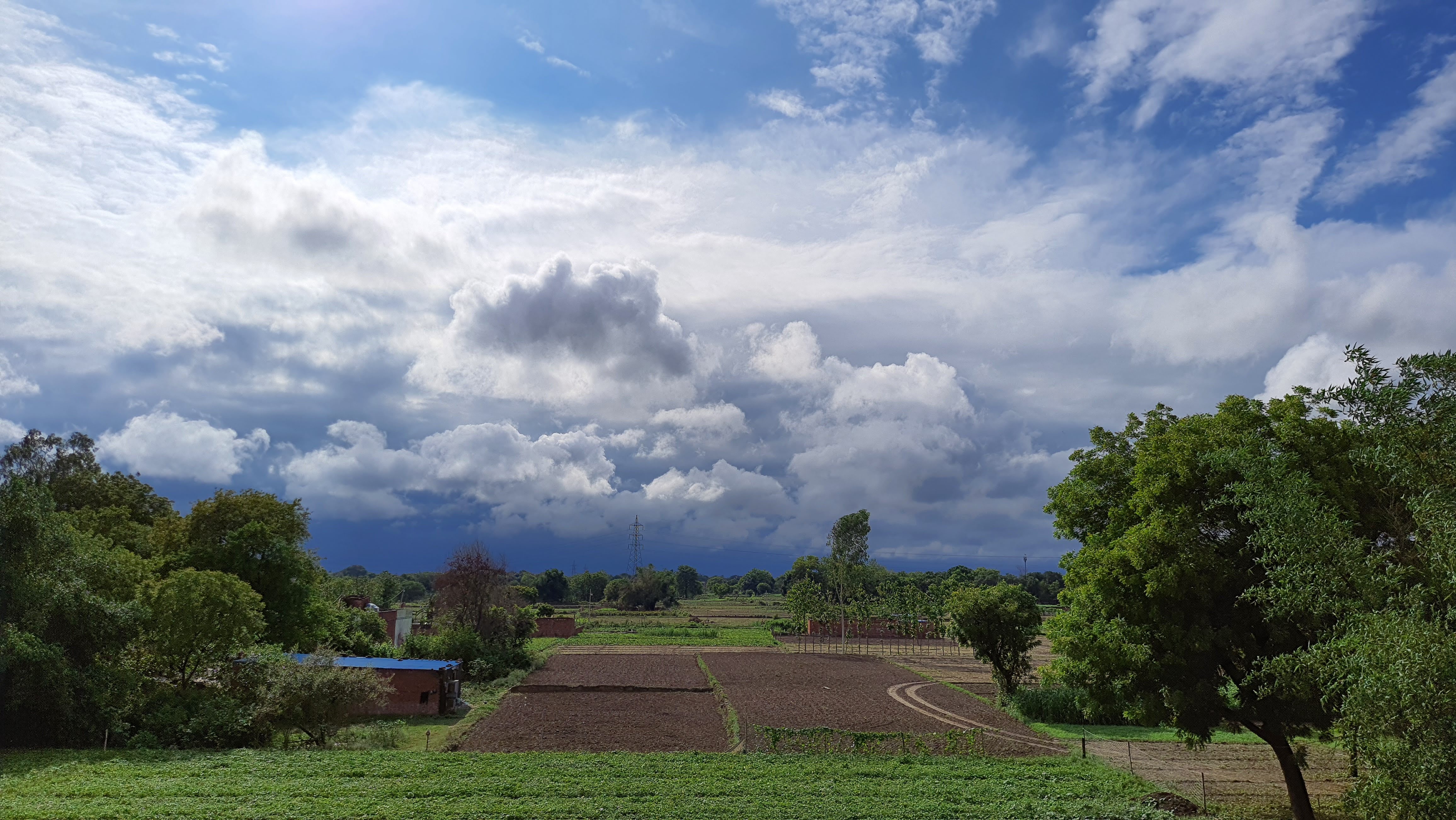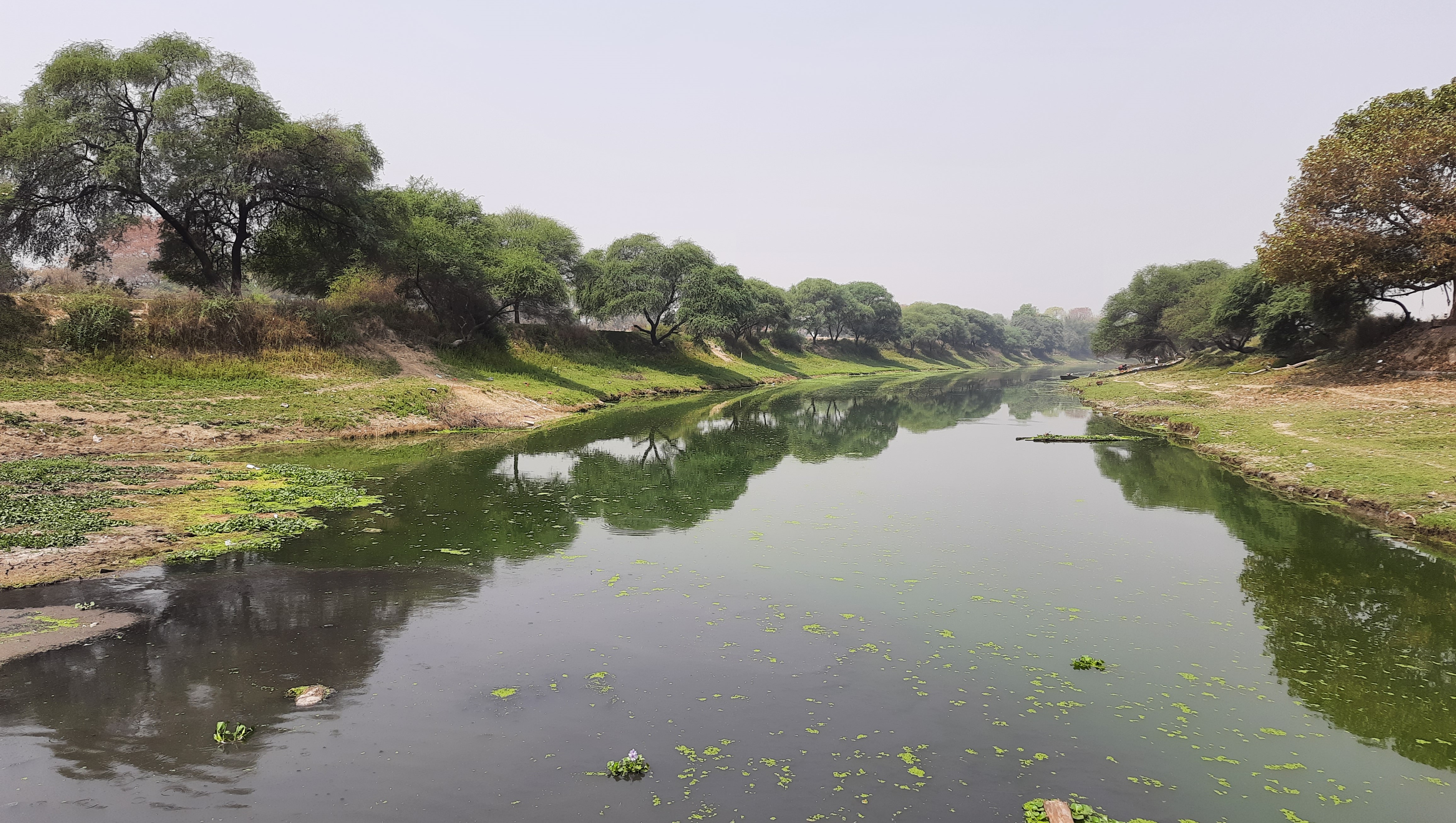
Need Clean Rivers
Why Rivers Need to Be Cleaned: The Critical Importance of Healthy Waterways Rivers are vital to the ecological, economic, and social health of our planet. However, many rivers around the world are suffering from pollution, degradation, and neglect. Understanding why it is crucial to clean and protect rivers can help highlight the profound impact that healthy waterways have on our environment and society. Below are some key reasons why cleaning rivers is essential:
1. Public Health and Safety
Clean rivers are critical for public health. Rivers are a primary source of drinking water for billions of people globally. When rivers are polluted with industrial waste, sewage, agricultural runoff, and other contaminants, the water becomes unsafe for consumption. Polluted water can carry harmful pathogens, chemicals, and heavy metals, leading to waterborne diseases such as cholera, dysentery, and typhoid fever. Ensuring that rivers are clean helps protect the health of communities that rely on them for drinking water, cooking, and bathing.
Additionally, clean rivers are essential for recreational activities such as swimming, fishing, and boating. Contaminated rivers can pose serious health risks to people engaging in these activities, as they may come into contact with hazardous pollutants.
2. Biodiversity and Ecosystem Health
Rivers are home to a rich diversity of life forms, including fish, amphibians, birds, insects, and plants. A healthy river ecosystem supports this biodiversity, providing habitats, food, and breeding grounds for countless species. When rivers are polluted, the delicate balance of these ecosystems is disrupted, leading to the loss of species and the degradation of natural habitats.
Pollution can cause problems such as eutrophication, where excess nutrients from agricultural runoff lead to the overgrowth of algae. This overgrowth depletes oxygen in the water, creating "dead zones" where aquatic life cannot survive. Cleaning rivers helps restore and protect these ecosystems, ensuring that they continue to support a diverse array of life forms.
3. Economic Benefits
Clean rivers contribute significantly to the economy in various ways. They support fisheries, agriculture, tourism, and industry, all of which depend on clean water. For example, commercial fishing relies on healthy fish populations that can only thrive in clean, oxygen-rich water. Pollution in rivers can lead to declines in fish populations, harming the livelihoods of those who depend on fishing.
Tourism is another major economic activity linked to clean rivers. Scenic river landscapes attract tourists for activities such as boating, fishing, hiking, and wildlife observation. Clean rivers enhance the natural beauty of these areas, making them more attractive to visitors and boosting local economies.
Industries that use water for processing, cooling, and cleaning also benefit from clean rivers. Polluted water can corrode machinery, reduce product quality, and increase costs for water treatment. By maintaining clean rivers, industries can operate more efficiently and sustainably.
4. Climate Resilience
Clean rivers play a critical role in climate resilience by helping to regulate the local climate and mitigate the impacts of climate change. Healthy rivers and their associated wetlands act as natural buffers against floods, absorbing excess water during heavy rainfall and releasing it slowly during dry periods. This natural flood control is essential for protecting communities from the devastating effects of floods, which are becoming more frequent and severe due to climate change.
Additionally, healthy rivers contribute to the carbon cycle by supporting vegetation that absorbs carbon dioxide from the atmosphere. Wetlands associated with rivers store significant amounts of carbon, helping to mitigate climate change. When rivers and wetlands are polluted or degraded, their ability to perform these functions is compromised, reducing their effectiveness in combating climate change.
5. Cultural and Spiritual Significance
For many communities around the world, rivers hold deep cultural, spiritual, and historical significance. They are often considered sacred, with rituals, ceremonies, and traditions centered around them. Clean rivers are essential for preserving these cultural practices and maintaining the spiritual connection that many people have with their natural environment.
The degradation of rivers can lead to the loss of cultural heritage, as polluted rivers may no longer be suitable for traditional practices such as bathing, fishing, or ceremonial gatherings. By cleaning and protecting rivers, we preserve not only the natural environment but also the cultural and spiritual identity of communities.
6. Sustainable Development
Clean rivers are essential for achieving sustainable development goals, particularly those related to water and sanitation, health, and environmental sustainability. Access to clean water is a fundamental human right and a cornerstone of sustainable development. By cleaning rivers, we contribute to the global effort to provide safe, clean water to all people, reducing poverty, improving health, and promoting equitable development.
Moreover, clean rivers support sustainable agriculture and industry by providing a reliable source of water that is free from harmful contaminants. Sustainable development requires the careful management of natural resources, and maintaining clean rivers is a critical part of this effort.
Conclusion The importance of cleaning and protecting rivers cannot be overstated. Clean rivers are vital for public health, biodiversity, economic prosperity, climate resilience, cultural heritage, and sustainable development. The health of our rivers is directly linked to the well-being of our planet and its inhabitants. By prioritizing the cleaning and protection of rivers, we ensure that these lifelines continue to provide the essential services that sustain life and support thriving ecosystems and communities.


